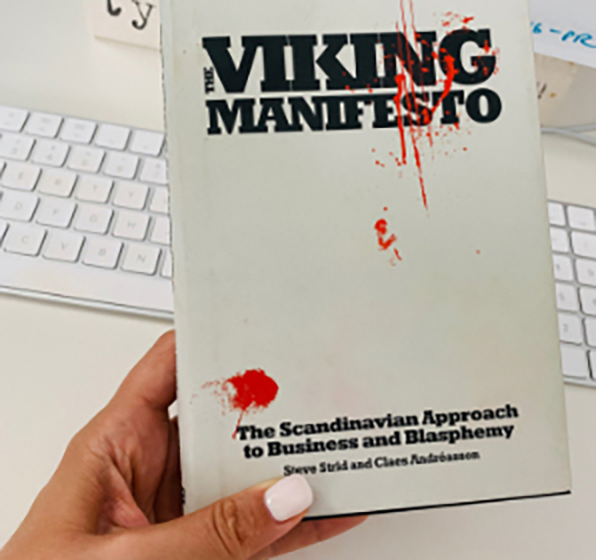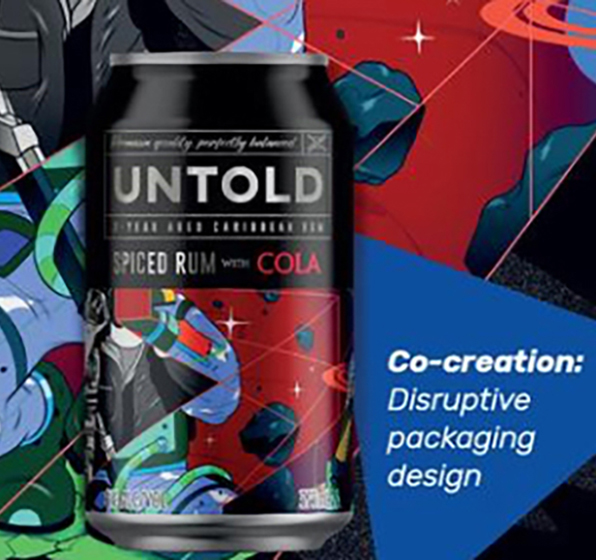Why marketers can transcend consumer focus
After listening to a recent episode Paul McIntyre’s marketing podcast Mi3 it got me thinking about how the Marketing function has shifted from being purely consumer focused to be a catalyst in brand and communication management. In the first 2 decades of my career I worked in roles in sales, marketing and operations for large global retailers like Bunnings, Nike, Philips and The Cotton on Group. My personal experience with marketing roles across all these businesses was very much focused on a linear responsibility for traditional marketing strategies and channel executions for the primary benefit of the end user. In this episode, Paul features the work of Marc de Swaan Arons, co-founder of The Institute for Real Growth (IRG) and explores his perspective on the “massive opportunity” for marketing influence in the c-suite.
While I am no longer working in a Marketing function since shifting agency-side, I see the impact of the changing landscape and complexity of a Marketers remit in the clients we work with at Edison. In today’s reputation management landscape (consumer brand or employer brand marketing) we see stakeholder pools are continuously expanding with conflicting agendas and organizations grapple with the need for a more integrated approach. This is where the innate skills of great marketers gets interesting.
McIntyre and de Swaan Arons discuss the hurdles organisations face in engaging diverse stakeholders, advocating for a shift towards interdependence across organisational silos. IRG are supported by industry giants like Google, Meta, WPP, and Tata and are designed to assist CMOs in driving humanised growth for their businesses. This means involving senior marketers in developing integrated stakeholder maps, engagement plans and research for the entire business, rather than solely focusing on customer and end-user experience.
By embracing IRG’s five pillars of humanized growth, de Swaan Arons believes great Marketers can make themselves invaluable resources within an organisation:
- Grounding yourself: Understanding the organization's history, strengths, and DNA, as well as comprehending stakeholders' needs.
- Reimagining: Developing a clear, utopian vision aligned with the company's purpose and values.
- Focus: Resetting stakeholder strategies to address short-term challenges within a long-term framework.
- Organise: Promoting interdependence across silos and fostering partnerships with NGOs, government, and regulatory bodies.
- Leadership: Cultivating empathy and active listening skills among leaders to effectively engage with stakeholders,
Edison’s Founder and Head of Strategy, Amber Bonney leads the Edison team to support Australian businesses in synchronising their employer brand with their customer brand. Using her early experience working with global employer brand programs in London in the early 2000’s, to more recent Edison programs with agency partners St Lukes, Bega Group and The Arnott’s Group.
“There once was a brand climate that saw employer branding and consumer brand marketing strategies being developed, research, funded and implemented by completely different functions of a business. These were periods before everybody has access to accurate content and information about a business or brand and therefor the outgoing message was manipulated and controlled in an authoritarian way. Today, things are very different. Our internal stakeholders and employees are pivot to a businesses reputation and profile, starting from the inside out. The experiences of people on the inside, and the perception of how your business is perceived from the outside should be in-sync. Often, what happens is a business prioritises decision making and communication to either shareholders, internal stakeholders or consumers , not considering the opportunity of an integrated reputation profile and experience, all with equal importance”.
The premise of this episode is to highlight the opportunity for Marketers who have been traditionally focused on customer-centric brand marketing to take an active and central role in contributing to, and leading employer brand reputation strategies, research and communication. To have greater impact by transitioning from functional to holistic business leadership. Marketers, renowned for their prowess in the "how we win" arena, must pivot towards the "where we play" space.
By collaborating cross-functionally, they can help businesses navigate the complexities of stakeholder engagement and achieve sustainable brand experience success from the inside out.
- Written by Michael Tsapazi, Managing Director
Image source: Tomas Sobek, Unsplash
---
RESOURCES
Listen to the Mi3 episode here.
"The Employer Brand: Bringing the Best of Brand Management to People at Work" by Simon Barrow and Richard Mosley





